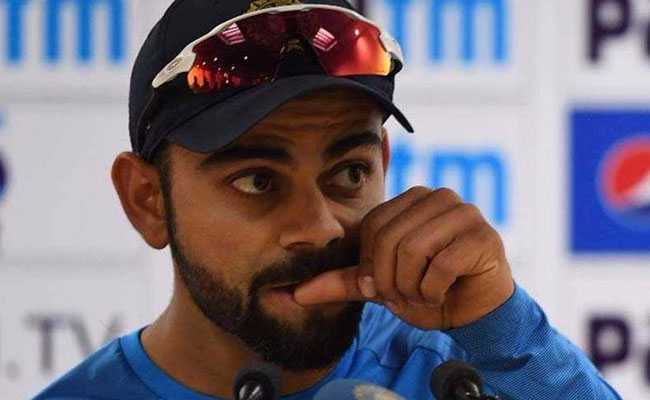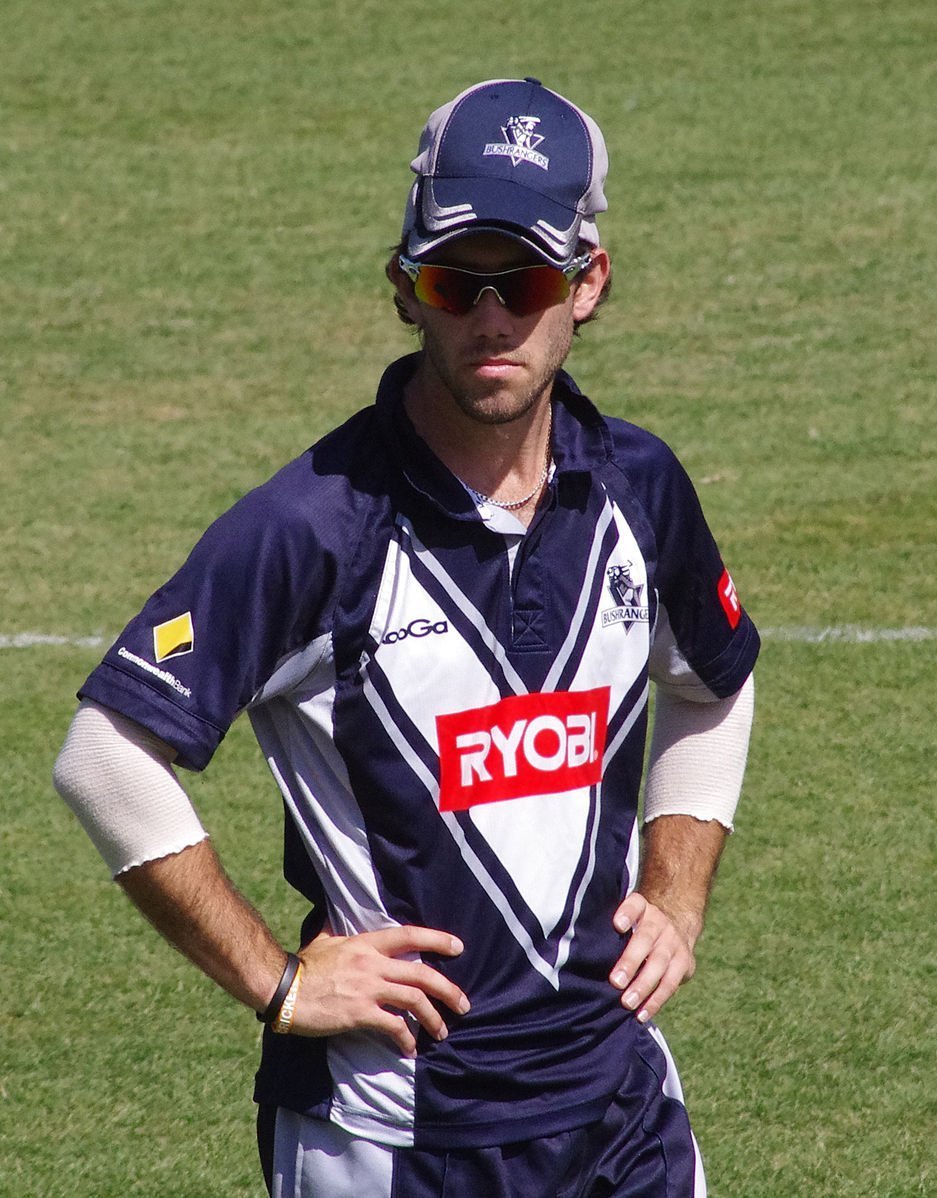Recently, Glenn Maxwell, Nic Maddinson and Will Pucovski, withdrew from contention to play for Australia. Is the problem to do with cricket, specifically as a sport, and is Australian cricket alone in this battle against mental health?
It is often thought that mental health issues revolve around depression and unhappiness.
My last article centred on this very topic but with the new wave of mental health problems in Australian cricket, I wanted to dive further into this rabbit hole and explore what other psychological ailments plague sport.
Recently, Glenn Maxwell, Nic Maddinson and Will Pucovski, withdrew from contention to play for Australia. Before we look at these specific cases under the microscope, the close proximity of these announcements definitely raises some concerns. Is the problem to do with cricket, specifically as a sport, and is Australian cricket alone in this battle against mental health?
To answer the second question, I don’t believe that Australian cricket is alone. However, due to the infrastructure and network available on mental health in Australia.
And the transition of Australian cricket’s image as a mentally tough team that sledges to a more calming, supportive squad has enabled whistle-blowers to come up in recent times.
CC by BMN Network (Contact)
The great Indian batsman Virat Kohli also stated at a press conference that after his ill-fated tour of England in 2014, he too suffered from mental health issues but the lack of understanding and awareness in the sub-continent meant that he was unable to take time away from the game and work on these problems.
To answer the first question, in my opinion, mental health issues are not only limited to cricket, but this sport is definitely more prone to these issues.
I believe that athletes of team sports are more vulnerable to mental health problems because they may feel responsible in not only letting themselves down but the entire team as well.
In addition, the gaps between playing and performing are greater in cricket than most sports.
READ: Guy Walker: pro-cricketer, AFL player and retired before the age of 24
A batsman getting out on a golden duck or a bowler bowling an erratic first over that goes for 10-15 runs gets taken out of the attack for the entire match and has to wait till the next match to have any chance at redemption.
Compare this to a sport like tennis where an athlete, after losing a set, can quickly turn their form around and win the next set and match.
Or consider a motorsport driver, who after a poor lap can come back to lead the pack once more.
This gap to earn an opportunity at revival or recovery can cause players to spiral down mentally. Also, when a cricketer has this chance at redemption, they are again under tremendous pressure to perform, knowing the gap between the current match and the next.
CBT aims to combat negativity, self-doubt and low self-image thought patterns in hour-long sessions with a psychologist over many weeks.
In the world of psychology, this sort of problem falls under the anxiety spectrum and is known as performance anxiety.
Now, performance anxiety isn’t limited to sport and can affect other things in life such as exams, sexual health etc.
Players suffering from performance anxiety in other areas of life are more likely to have this effect their sport as well. Looking at the Will Pucovski case, it can be speculated that this may be the reason for his withdrawal from contention.
Last summer, Pucovski was all but set to earn a place in the Australian Test squad but revoked his name at the last minute.
This summer, Pucovski was on the verge of a Test match debut against Pakistan after another stellar Sheffield Shield season, averaging 41, but again did not play. The pressure of not performing on his debut series and the fear of failure, before being dropped as a result may have played into Pucovski’s mind.
For this reason, Cricket Australia must support Will and give him appropriate treatment such as cognitive behavioural therapy (CBT). CBT aims to combat negativity, self-doubt and low self-image thought patterns in hour-long sessions with a psychologist over many weeks.
A treatment plan similar to this could benefit Will greatly.
Coming to the case of Glenn Maxwell, he has stated his withdrawal is due to being on the road for the last 18 months.
Working for long periods of time without any appropriate breaks can lead to a lack of motivation and in psychological terms, this is seen as being ‘burnt out.’
However, an unlikely but possible differential, in this case, is that Maxwell could potentially be suffering from ‘anhedonia’ or the inability to feel pleasure in normally pleasurable activities, which is an underlying symptom for depression.
Time will tell which is the case as international and club commitments over the last 18 months finally have taken their toll on Maxwell, who according to coach, Justin Langer, lacked his usual enthusiasm, energy and zip at certain times over the past year.
Maxwell’s case raises the question about cricket scheduling all around the world and emphasises the need for a greater off-season to ensure cricketers don’t fall prey to the ‘burnt out phenomenon.’
A little time away from the game, focusing on friends and family should bode well for Maxwell before his eventual return to the Australian Cricket fraternity.
Lastly, the case of Nic Maddinson is unrelated to cricket as off-field issues were behind his withdrawal.
The Maddinson case is just another example of how problems away from sport can have an impact on an athlete’s career.
Due to the privacy of these matters, it is difficult to reflect on this specific case in detail. But targeting these specific issues hands-on will be key in ensuring Maddinson’s return to the Australian domestic circuit.
CC by Joeyjackets
Other on-field mental health issues include the impact of an injury on a player’s mind.
One prominent example is the case of Stuart Broad, whose nose broke from a Varun Aaron bouncer in 2014. Broad, who was a decent lower-order batsman with test match centuries to his name, really suffered from his confidence after this incident.
Broad had nightmares of the bouncer, which is an underlying symptom of post-traumatic stress disorder (PTSD). Although with psychological help, Broad was able to recover, but his batting was never the same again.
Another cricketer who struggled with mental demons against the bouncer was Pakistani opener, Ahmed Shahzad. He suffered a facial fracture in the Abu Dhabi Test against New Zealand in 2014 due to a Corey Anderson surprise bouncer. Shahzad has admitted to problems with the bouncer after this incident as well.
The Pakistani top-order batsman was in career-best form, at the time, averaging 48 in Test cricket, 34 in ODIs and 27 in T20Is, before his average fell to 41, 32 and 25, respectively, after the incident.
Additionally, after being hit, Shahzad has only scored 1 international century. If he had received CBT or de-sensitization therapy, which includes graded exposure to the stressful stimulus to induce slow de-sensitization, he could’ve potentially have reached the same heights he once did.
CC by Nic Redhead (Contact)
Both these examples stress the importance of mental recovery from injuries to revitalise performances and eventually, careers as well.
Concluding this article, I would like to again highlight the importance of mental health in sport, this time for problems such as anxiety, motivational issues and PTSD and advocate further for increased research, funds and effort for this branch of sports medicine.
A physical injury would prompt immediate care and attention, so why not the same for the injuries of the mind?
The views and opinions expressed in this article are those of the author/s and do not necessarily reflect the official views of Sportageous or its founders. Assumptions made within the article are not reflective of the position of Sportageous as an organisation and its founders.



